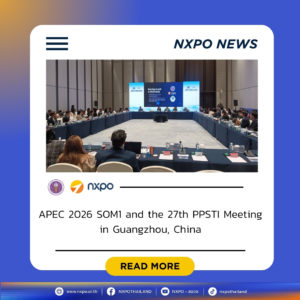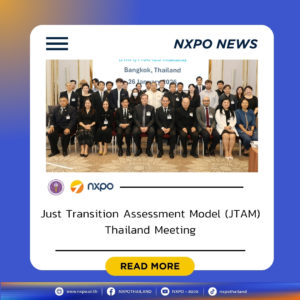On 16 June 2025, Prime Minister Paetongtarn Shinawatra appointed Ms. Supamas Isarabhakdi, Minister of Higher Education, Science, Research and Innovation (MHESI), to chair the Meeting of the National Higher Education, Science, Research and Innovation Policy Council, convened at Government House.
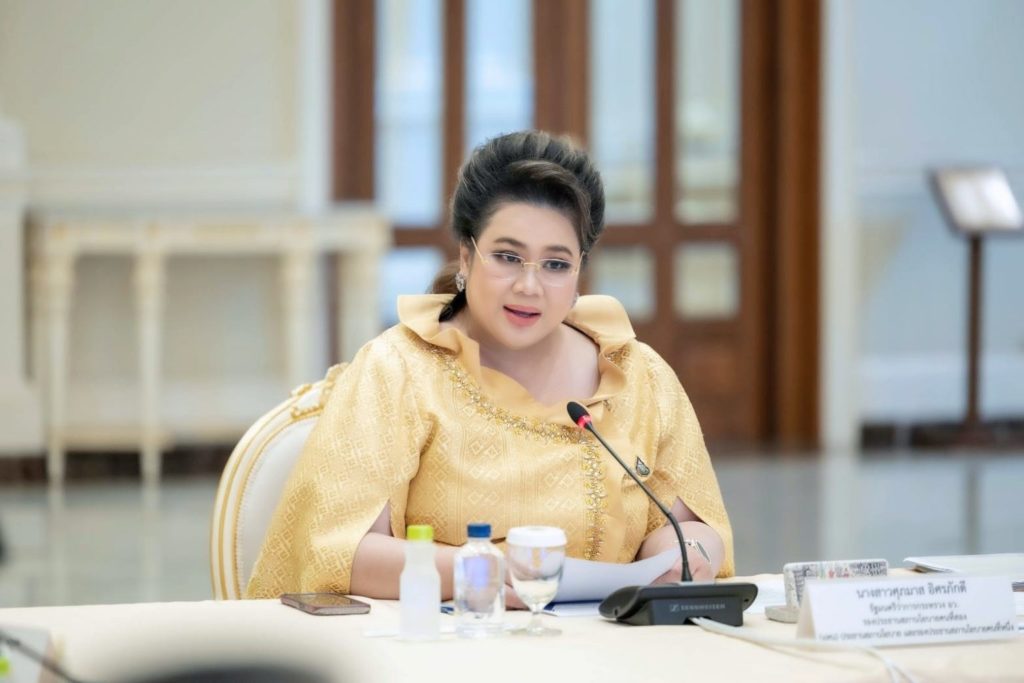
In her opening address, Minister Supamas reaffirmed the government’s commitment to positioning Thailand as an innovation-driven economy. She emphasized the importance of harnessing technology to deliver tangible socio-economic outcomes and build a solid foundation for future national development.
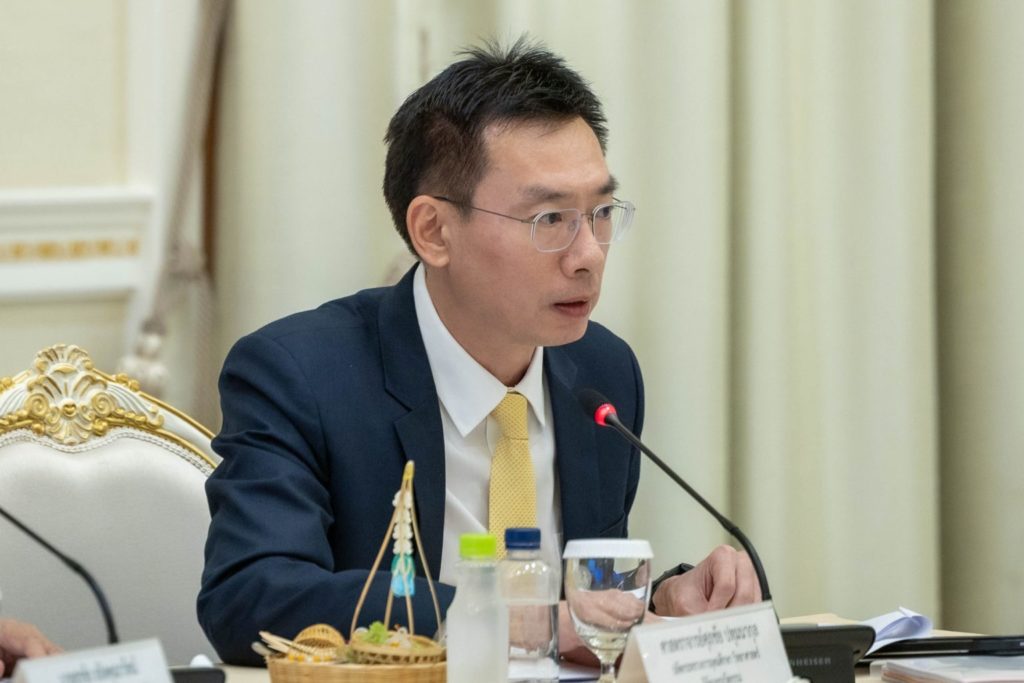
Prof. Dr. Supachai Pathumnakul, Permanent Secretary of MHESI, presented the following agenda items for the Council’s consideration:
- Transformation of the Agricultural Sector through AI
In response to the Prime Minister’s directive, MHESI — through NXPO and in collaboration with public and private sector partners — will conduct a nationwide farmer survey to gather frequently asked questions on issues such as plant diseases, drought, flooding, and market prices. This dataset will support the National Electronics and Computer Technology Center (NECTEC) in developing an AI chatbot to provide farmers with timely advice and information, initially focusing on rice and animal feed crops. A nationwide data integration system was proposed to consolidate upstream, midstream, and downstream agricultural data from relevant agencies, including the Rice Department, Department of Agricultural Extension, Land Development Department, Thai Meteorological Department, and the Big Data Institute.
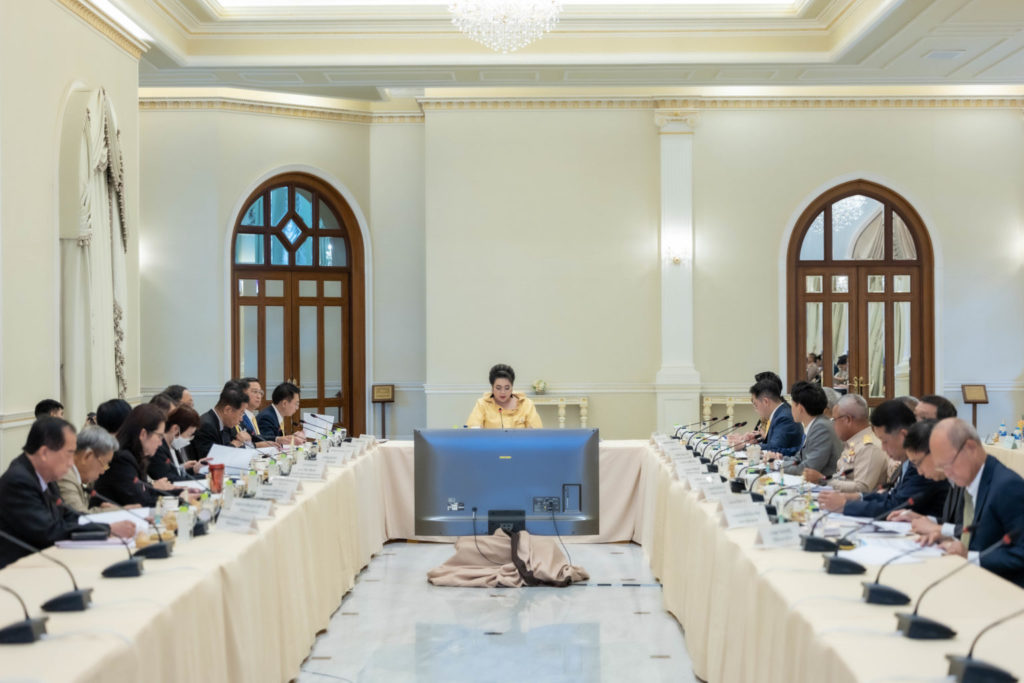
This integrated system will deliver real-time, data-driven recommendations to farmers through the AI chatbot — such as pest alerts, weather forecasts, disease warnings, and market price updates. The Council assigned MHESI to lead this initiative, working closely with the agricultural sector.
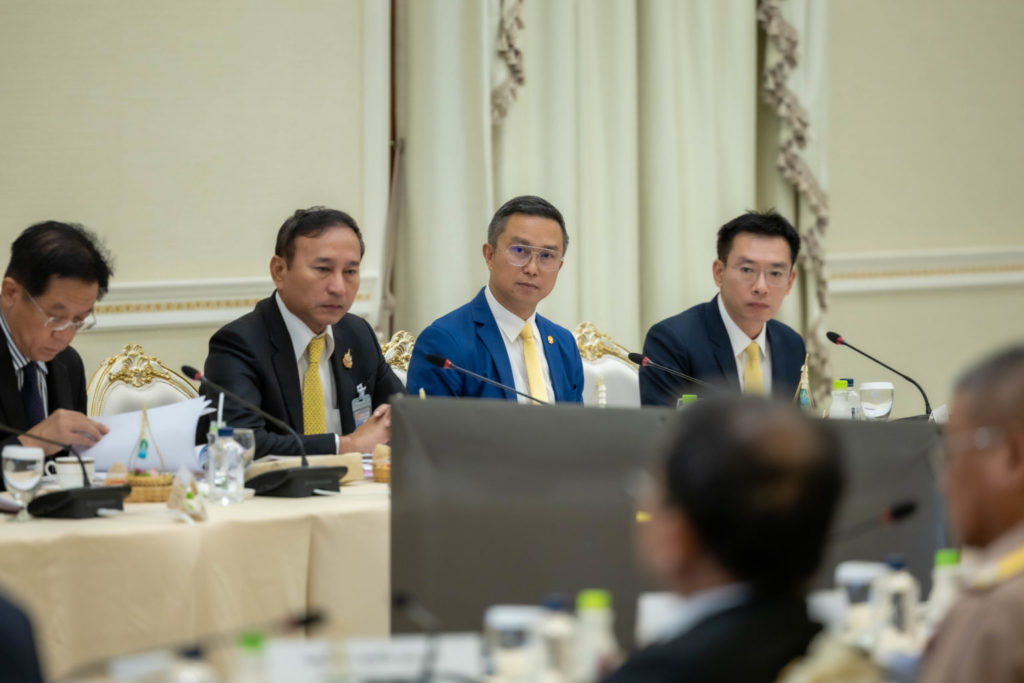
- Local Teacher Development Program Phase 2 (2026–2039)
Aimed at addressing teacher shortages and aligning with local needs, this program targets the recruitment of 17,392 government teachers. Emphasis will be placed on hands-on training in Teaching Training Schools (TTS). The Council recommended using evaluation findings from Phase 1 to identify success factors and refine implementation strategies for Phase 2. It also underscored the importance of incorporating a competency assessment system to ensure teacher readiness and program effectiveness.
- Promotion of Research Commercialization through Public-Private Investment
The initiative seeks to unlock the commercial potential of research outputs from universities and research institutions by fostering joint investments with the private sector. The Council approved seven national research institutes to participate in this framework, authorizing them to use their intellectual property (IP) as capital for technology-based ventures. These include: National Science and Technology Development Agency (NSTDA), Thailand Institute of Scientific and Technological Research (TISTR), National Astronomical Research Institute of Thailand (NARIT), Geo-Informatics and Space Technology Development Agency (GISTDA), National Institute of Metrology (NIMT), Thailand Institute of Nuclear Technology (TINT), and Synchrotron Light Research Institute (SLRI).
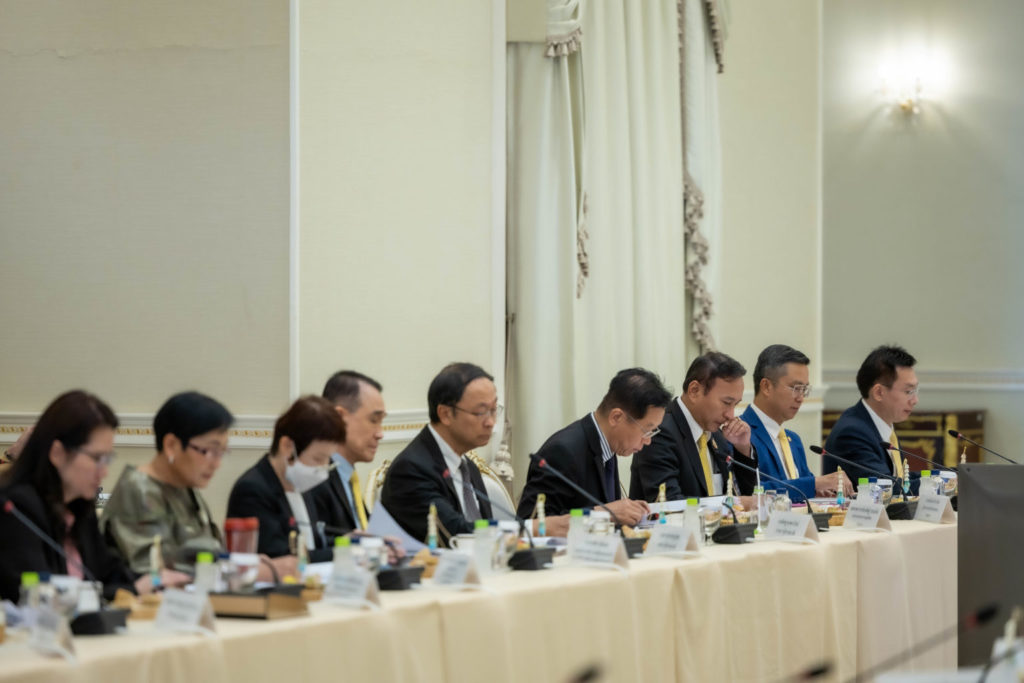
The Council was also briefed on several ongoing initiatives, including:
- Progress in Semiconductor and Advanced Electronics Workforce Development
Aiming to train 84,900 personnel by 2030, National Semiconductor Training Centers have been established at King Mongkut’s Institute of Technology Ladkrabang (KMITL), King Mongkut’s University of Technology North Bangkok (KMUTNB), and Mahanakorn University of Technology (MUT). Additionally, a partnership with Microsoft (Thailand) has been launched to strengthen AI-related competencies, targeting the training of 50,000 developers and at least 100,000 users. Relevant content has already been integrated into General Education (GE) courses at multiple universities.
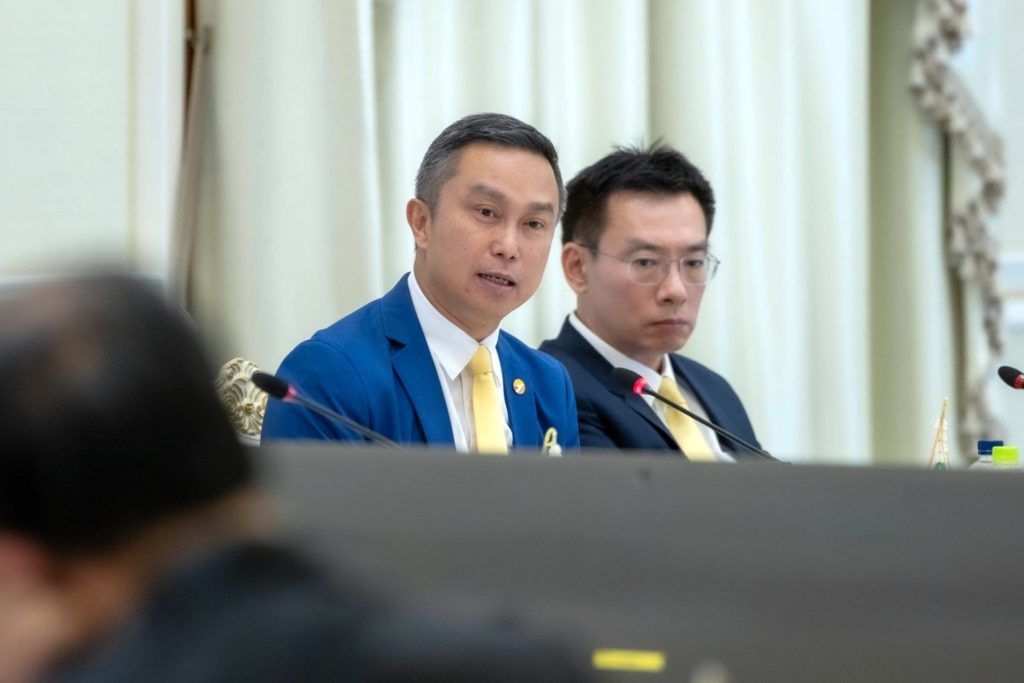
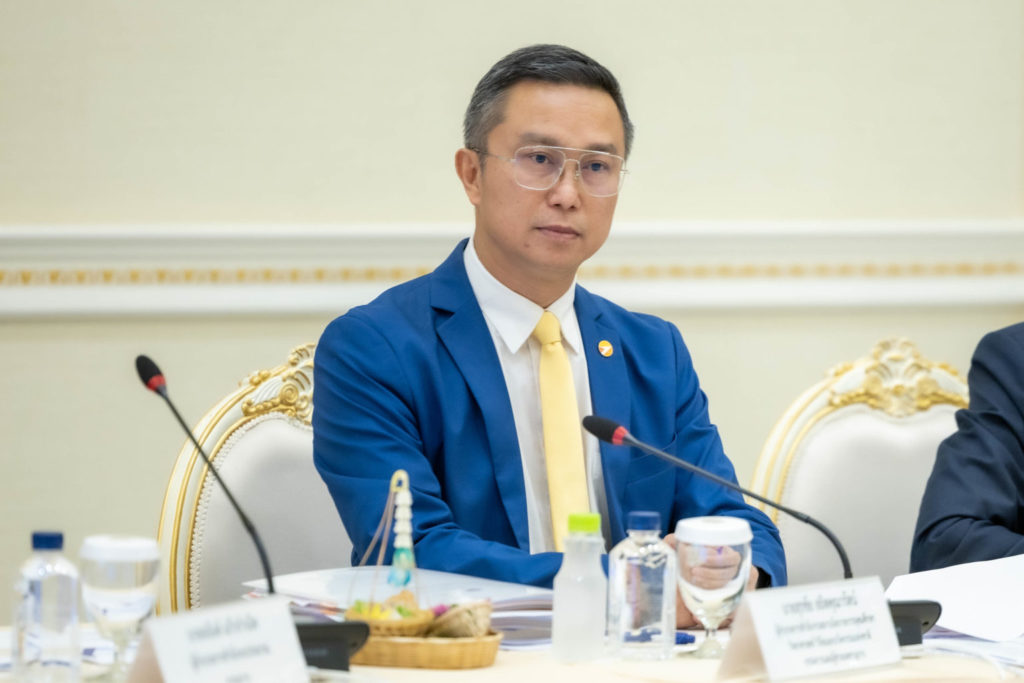
- Report on the Impact of International Policies on Thai Education and Science
This report provided an analysis of global policy trends and their implications for Thailand’s education and research landscape, offering recommendations for proactive measures to support Thai students and researchers studying and working abroad.
- Preparations for the 50th Anniversary of Thailand–China Cooperation
The Council reviewed plans to establish joint research laboratories under this bilateral framework. Notable projects include a remote sensing data center laboratory jointly developed by the China National Space Administration (CNSA) and GISTDA, alongside additional collaborative laboratories in AI.



